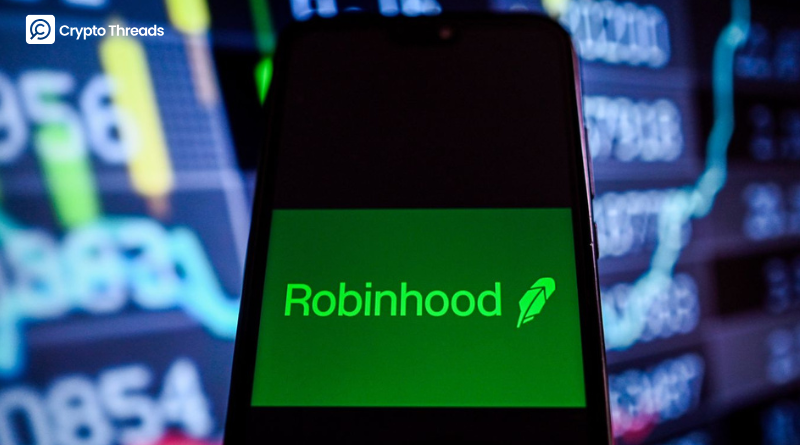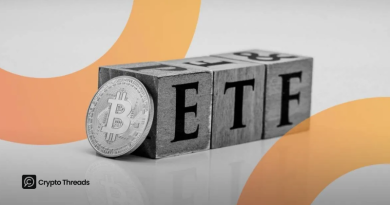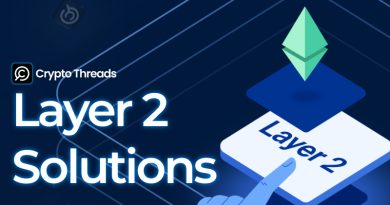Robinhood Probed by EU Over OpenAI, SpaceX Token Listings
Meta Description: Robinhood faces EU investigation over OpenAI and SpaceX tokens after OpenAI warned these tokens do not represent actual equity stakes in the company.
Overview: Robinhood’s private equity tokens are best understood as derivatives. They don’t give users any direct ownership, but instead offer a way to gain exposure to the value of companies like OpenAI and SpaceX. In other words, you’re not buying a piece of the company itself; you’re investing in a financial product that’s linked to its perceived valuation.
This model has come under increased scrutiny in the European Union, especially after OpenAI issued a clear warning: Robinhood’s so-called OpenAI tokens do not represent any actual equity or legal stake in the company. That statement raised concerns among investors and regulators alike, prompting EU authorities to examine whether these offerings are being properly represented and legally compliant under current financial laws.
Following this warning, Lithuania’s central bank, which serves as Robinhood’s primary financial regulator in the region, has launched an inquiry into the matter. The Bank of Lithuania is “awaiting clarifications” regarding Robinhood’s stock token offerings linked to both OpenAI and SpaceX, according to a report published Monday.
Giedrius Šniukas, a spokesperson for the Bank, explained: “Only after receiving and evaluating this information will we be able to assess the legality and compliance of these specific instruments.”
On June 30, Robinhood reached a new milestone in its foray into tokenized finance with the introduction of a layer-2 blockchain. This infrastructure is specifically engineered to facilitate its tokenized securities offerings within the European Union. The company has declared its intention to issue over 200 U.S. stock and exchange-traded fund (ETF) tokens to European investors in the forthcoming months.
However, the criticism is particularly aimed at Robinhood’s so-called private equity tokens, which are linked to privately held companies, specifically OpenAI and SpaceX. These tokens have garnered censure because they do not confer actual ownership rights, a point corroborated by OpenAI itself.
Galaxy Research highlights that these instruments are essentially derivatives, offering indirect economic exposure to the perceived value of the underlying companies instead of actual equity. This means investors aren’t shareholders; they don’t get voting rights, dividends, or any say in governance.
Owning a Piece of the Growing Tokenization Market
Despite facing controversy, Robinhood is making considerable advancements in the burgeoning tokenization market, joining numerous other financial platforms. This market is currently estimated to exceed $24 billion in value.
While certain executives, including Plume CEO Chris Yin, caution that limitations in data tracking may contribute to an inflated valuation, the intrinsic momentum of the market remains undeniable. The participation of prominent asset managers such as BlackRock and Franklin Templeton further underscores institutional confidence in tokenized assets.
Tokenization is experiencing a surge, particularly in private credit markets. A recent RedStone report highlights the advantages, including lower entry barriers, quicker settlements, and enhanced liquidity. The report identifies private credit and U.S. Treasury debt as the primary force behind this tokenization trend.
While stocks currently account for only $188 million of the $24 billion tokenized asset pool, this segment is anticipated to grow exponentially. Experts believe this growth will be driven by the increasing adoption of tokenized equity products and clearer regulations.
Industry leaders at the “Tokenize This” conference in New York suggested that tokenized stocks alone could present a trillion-dollar opportunity. This potential is especially significant if features like fractional ownership, real-time trading, and on-chain settlement become standard practices in equity markets.



